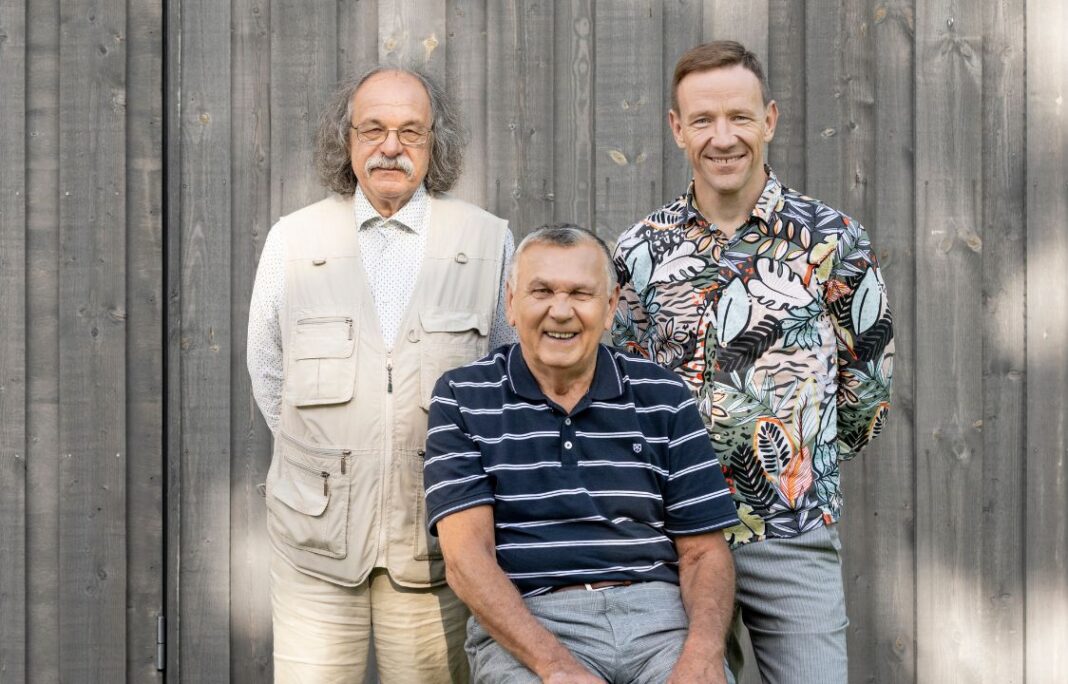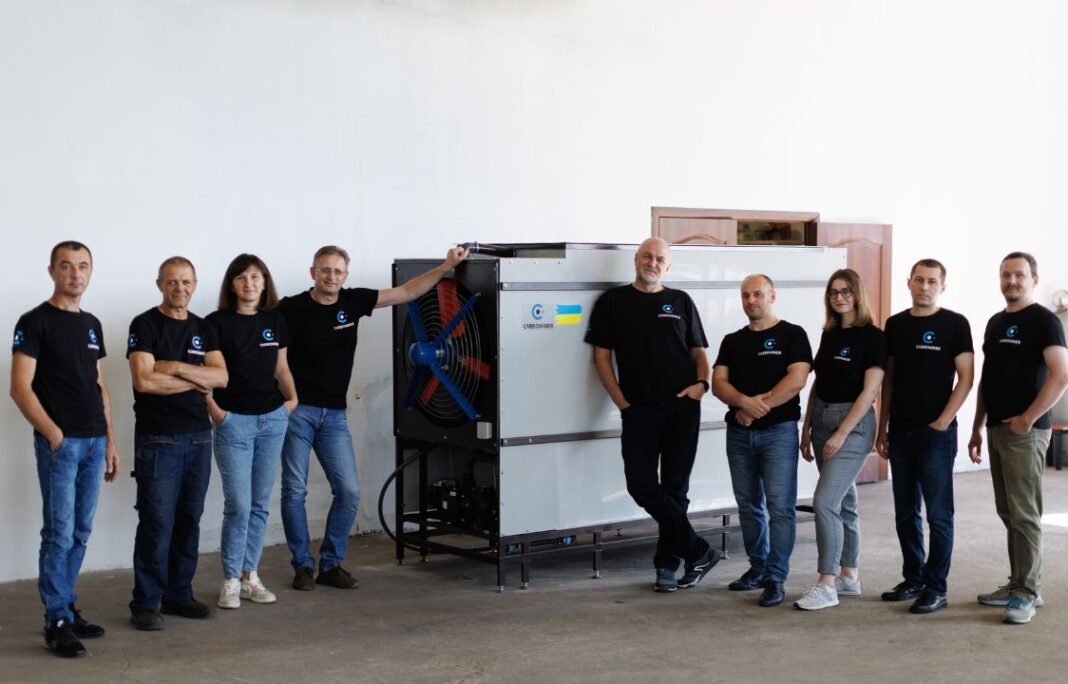Tallinn-based Efenco, a cleantech startup focusing on reducing carbon emissions in critical industrial heat applications, has secured €4.5M in a fresh round of funding.
The round includes €1.3M from a financing round led by Ivo Remmelg for EstBAN Syndicate and €3.2M in grants from the EU’s European Innovation Council (EIC) and Estonia’s Archimedes Foundation.
Additionally, the company has also secured a €8M equity commitment from the European Investment Bank by 2026.
Capital utilisation
Efenco will use the funds for product engineering, integrating advanced materials for durability, functionality, and compliance.
The startup claims to have achieved 20 per cent energy and carbon savings for a major utility company in Tallinn and has eight commercial pilot projects in the pipeline.
Efenco aims to eliminate 77 million tonnes of global CO2 emissions by 2033, equivalent to 40 per cent of the EU industrial heat sector’s annual consumption or 416Twh of new clean energy.
“Delivering sustainable energy to humanity”
Despite the urgent need for net-zero carbon emissions, over 140,000 TWh of energy worldwide still comes from fossil fuels, constituting nearly 80 per cent of global energy production.
Core industrial processes like steel and cement production, vital for modern infrastructure, rely on fossil fuels due to the high temperatures required.
Steel manufacturing alone emits 1,800kg of CO2 per tonne and contributes to 7 per cent of global CO2 emissions. These industries, essential for material creation, remain among the planet’s most polluting sectors.
This is where Efenco looks to make a difference. Founded in 2015 by Kristjan Tiik, Aleksandr Nagornoy, and Aleksander Vlassov, the company aims to accelerate the adoption of low-carbon technologies.
Efenco has developed cold-plasma-assisted combustion technology, requiring no initial capital investment, and is already enhancing the efficiency of industrial boilers by 20 per cent.
Unlike other plasma-assisted combustion methods, Efenco’s technology doesn’t need an external energy source, utilising waste heat for plasma generation.
The EU-patented technology, validated by the University of Tartu, is financially supported by the EU’s Horizon programme. Efenco envisions improving natural gas combustion efficiency by up to 40 per cent and hydrogen combustion by up to 75 per cent.
Kristjan Tiik says, “There are some hard choices coming up if the world is going to make it to net zero. It may be a difficult message for environmentalists to hear, but fossil fuels are an important component of the energy transition. Without them, we can’t make steel or concrete. And without those, we can’t build the infrastructure needed for renewable energies.”
“Efenco’s tech provides the industrial furnace efficiency breakthrough we need to bridge that gap. We see it as an essential foundation for the clean energy future, moving gradually towards hydrogen-based solutions,” adds Tiik.
About the technology
Efenco’s technology integrates into existing combustion boilers with a quick conversion process, applicable across industries requiring high-output energy generation.
Beyond steel and cement, potential applications include electricity generation, pulp and paper manufacturing, ceramics production, and even smaller-scale boilers.
By targeting 30 per cent of gas boilers used in the EU for high-temperature industrial processes, Efenco aims for an 18 per cent efficiency gain, translating to a significant 5 per cent reduction in the EU’s energy consumption and carbon emissions from natural gas combustion—a potentially greater impact than solar, wind, or nuclear energy combined.
Efenco has already secured six commercial partners, including Adven, Thermory, and Bepco, for large-scale pilot projects, with the first aiming for 1,000 hours of continuous operation.
The business model eliminates capital outlay, allowing adopters to benefit immediately from increased energy efficiencies. This approach has attracted at least five additional interested customers waiting to deploy Efenco’s technology.






